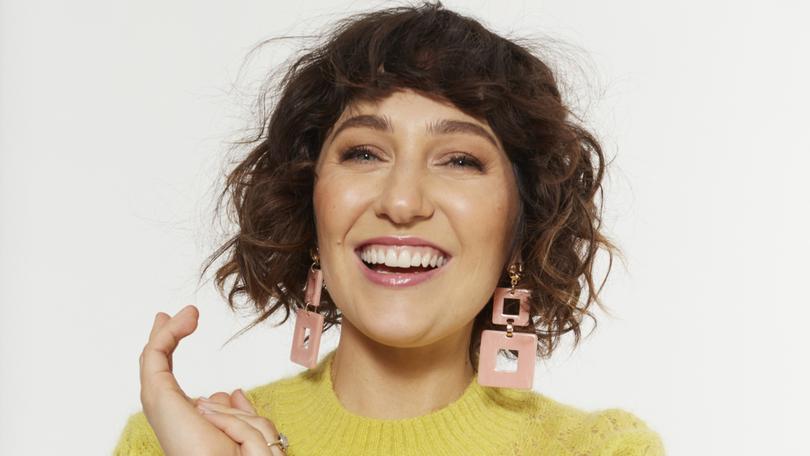Zoe Foster Blake, the art of ‘slowness’ & Seth Godin

Zoe Foster Blake lives by a strategy called “strategic slowness”.
“Fewer things, done better,” is what she says in a new wide-ranging interview.
“It’s very easy to look with bright eyes to the American market of Asia or Europe, to need that proof point overseas.
Sign up to The Nightly's newsletters.
Get the first look at the digital newspaper, curated daily stories and breaking headlines delivered to your inbox.
By continuing you agree to our Terms and Privacy Policy.“But I don’t.”
The interview was with the Australian Financial Review’s magazine.
It says that Blake is a disciple of “business thought leader” Seth Godin.
And it’s a very telling sidenote worth exploring deeper.
The 43-year-old spends the bulk of the article suggesting that she’s the perfect example of how you “don’t have to know business to be good at business”.
She even tells journalist Lauren Sams that “I wasn’t the kid with the lemonade stand”.
But, of course, she’s just being humble.
And her nod to Godin gives it all away.
Blake recently bought back the skincare company she founded, Go-To, after selling a majority stake to beauty conglomerate BWX in 2021.
BWX went into administration last year owing tens of millions of dollars to the Commonwealth Bank despite enjoying the financial backing of one of Australia’s richest people in Andrew ‘Twiggy’ Forrest.
Blake, who along with TV and radio star husband Hamish Blake is a Tourism Australia ambassador as well as a successful author, told the AFR Magazine she was a “brand protectionist”.
“We signed in full faith,” she says.
“We had every reason to believe that this was going to be a really positive and mutually beneficial relationship.
“But there were things going on … that we honestly had no understanding of.
“Our hearts went out to the staff (at BWX) because it would have been awful and confusing and disheartening.”
Late last year Blake bought the company back for a fraction of what she originally sold her stake for.
It has only enhanced her reputation as an incredibly savvy operator.
So who is Seth Godin?
His website describes him as an “author”, an “entrepreneur” and “most of all, a teacher”.
“For more than thirty years, I’ve been trying to turn on lights, inspire people and teach them how to level up,” he says on his website.
He also adds quite pithily: “I pioneered ethical online direct marketing, now a $30bn a year industry”.
A video biography on his website calls him the “ultimate entrepreneur who specialises in ideas”.
Godin has one the most popular business blogs on the internet.
And it’s a post from June 2022 that Blake is referring to.
It’s titled “Scale vs. Speed: Why organisations slow down”.
In the post, Godin argues that every company hits a point where “the pace of innovation slows as scale increases”.
He says this happens for a bunch of reasons from technical debt due to “shortcuts taken to get things to work right now” and “managerial anxiety” that happens “when an operating bureaucracy comes to replace daring leadership”.
So, what to do?
Rodin says the worst thing you can do is ask your employees to “burn all candles at both ends”.
Instead, he offers two practical answers.
One is “structural bankruptcy” where a daring company can “spin off the cash cow and assemble a team to start something new from scratch”.
The other is “boring as a strategy”.
This is the one Blake is referring to.
“Boring as a strategy is the approach that Apple and a large number of famous brands have taken,” he writes.
“As you cross the chasm, the bulk of your new customers don’t want innovation at all.
“They want promises kept, a lack of surprises and reasonable prices and efficiency.
“Shipping your improvements on a regular schedule and bringing predictability to your offering allows you to reach more people and make a bigger impact.
“Small innovations allow an organization to avoid falling too far behind innovative competitors, and it can take decades before the gap is big enough to matter. And then you become Yahoo. Or Chrysler. Or Carvel.”
